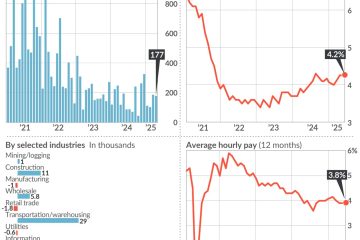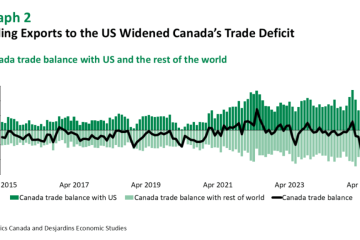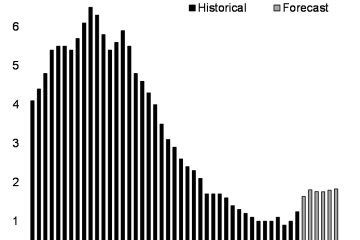Jobs Trends in Canada: Opportunities and Challenges in 2023

The Importance of Jobs in Today’s Economy
The job market is a vital aspect of any economy, serving as the foundation for growth, development, and social stability. In Canada, the employment landscape is continually evolving, influenced by various factors such as technological advancements, demographic changes, and global economic conditions. Understanding current job trends is essential for job seekers and policymakers alike, as it helps to identify opportunities and challenges within the labour market.
Current Job Market Overview
As of late 2023, Canada’s job market has shown resilience despite the global economic uncertainties stemming from inflation and supply chain disruptions. The unemployment rate has hovered around 5.2%, a slight increase from earlier in the year but still lower than pre-pandemic levels. Areas like technology, healthcare, and renewable energy are witnessing a surge in demand for skilled workers, creating numerous employment opportunities.
Key Industries Contributing to Job Growth
1. **Technology**: The tech sector continues to expand, driven by innovations in artificial intelligence, cybersecurity, and e-commerce. Cities such as Toronto and Vancouver are becoming tech hubs, attracting both startups and established companies that are seeking a skilled workforce.
2. **Healthcare**: With an aging population, the healthcare sector is experiencing significant growth. There is a high demand for professionals such as nurses, medical technicians, and physical therapists, making this field a promising area for job seekers.
3. **Renewable Energy**: As Canada faces increasing pressure to meet climate change goals, the renewable energy sector is booming. Companies focused on solar and wind energy are actively seeking workers, leading to new job openings in engineering and skilled trades.
Challenges in the Job Market
Despite these promising growth areas, job seekers face challenges. For instance, there is a notable skills gap, particularly in technical fields where qualified professionals are in short supply. Additionally, the shift towards remote work has made the job search process more competitive, as job seekers now compete for remote positions not just within Canada, but globally.
Conclusion and Future Outlook
Looking forward, job seekers in Canada should consider targeting industries that align with their skills and interests while remaining adaptable to changes in the job market. Policymakers are also encouraged to invest in training and education to bridge the skills gap and prepare the workforce for future demands. As Canada navigates this complex job landscape, both challenges and opportunities will continue to shape the employment environment, making it essential for individuals and businesses to stay informed and proactive.




